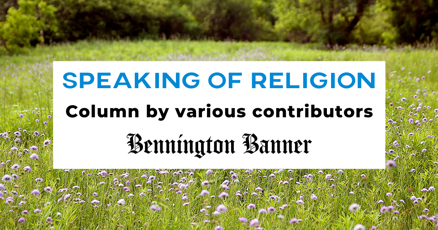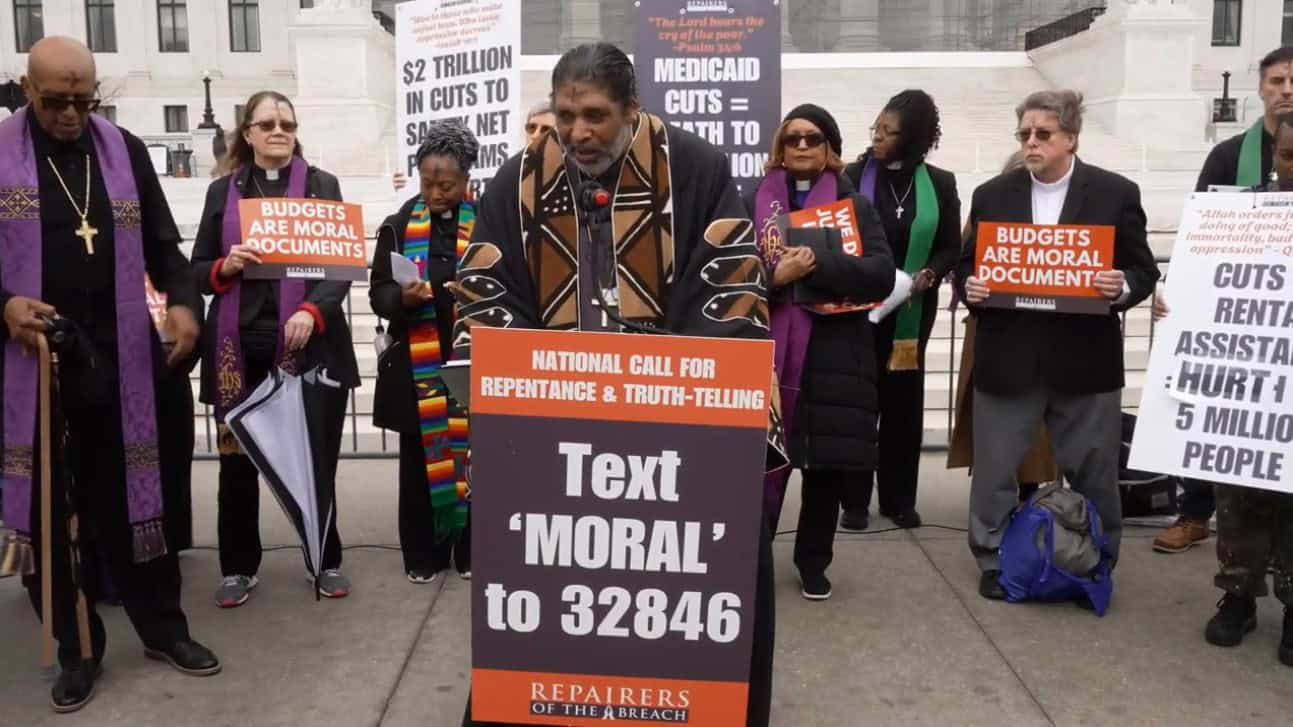Toxic Tolerance: Inside the Dark Corners of Religious Extremism
Religion
2025-03-29 10:00:00Content

At their core, world religions are foundations of compassion, understanding, and love—not breeding grounds for hatred. Authentic religious teachings consistently emphasize empathy, respect, and human dignity. When individuals selectively quote religious texts to justify prejudice or discrimination, they fundamentally misinterpret and distort the deeper spiritual messages of their faith traditions.
Religious scriptures are complex, nuanced documents that require careful contextual understanding. Cherry-picking isolated passages to promote intolerance betrays the profound spiritual principles of unity, kindness, and mutual respect that lie at the heart of most religious philosophies. True religious wisdom calls for bridging divides, promoting understanding, and recognizing the inherent worth of every human being.
Genuine spiritual practice is about transforming hearts, cultivating compassion, and creating connections—not constructing barriers or justifying hatred. Religious leaders and scholars consistently argue that authentic faith is a path of healing, not a weapon of division. When religious teachings are used to spread hate, they are being grotesquely misrepresented and stripped of their essential humanitarian essence.
Unraveling the Essence of Religious Tolerance: Beyond Misinterpreted Scriptures
In a world fraught with religious tensions and misunderstandings, the true essence of spiritual teachings often becomes obscured by narrow interpretations and selective quotations. The fundamental principles of world religions have always been rooted in compassion, understanding, and universal love, yet these core values are frequently overshadowed by divisive rhetoric and misguided ideological extremism.Bridging Divides: Understanding the Heart of Religious Wisdom
The Misappropriation of Sacred Texts
Religious scriptures have long been vulnerable to selective interpretation, with individuals cherry-picking passages to justify prejudice and hatred. This dangerous practice fundamentally contradicts the core teachings of major world religions, which universally emphasize compassion, empathy, and mutual respect. Scholars and religious leaders have consistently argued that authentic spiritual understanding requires a holistic approach that considers context, historical background, and the overarching message of love and unity. The manipulation of religious texts has been a persistent challenge throughout human history. Extremist ideologies often weaponize sacred writings, twisting profound philosophical insights into tools of division and discrimination. This misrepresentation not only undermines the integrity of religious teachings but also creates deep social fractures that perpetuate misunderstanding and conflict.Universal Principles of Spiritual Wisdom
At the core of major world religions lies a profound commitment to human dignity and interconnectedness. Whether examining Christianity, Islam, Buddhism, Hinduism, or Judaism, one discovers remarkable similarities in fundamental ethical principles. These traditions consistently emphasize compassion, forgiveness, and the inherent worth of every human being, regardless of their background, beliefs, or cultural origins. The concept of universal love transcends religious boundaries, presenting a powerful antidote to hatred and intolerance. Religious teachings consistently encourage practitioners to look beyond superficial differences and recognize the shared humanity that connects all individuals. This perspective challenges narrow-minded interpretations that seek to divide rather than unite.The Psychological Roots of Religious Misinterpretation
Understanding why individuals misuse religious texts requires a deep exploration of psychological and sociological factors. Fear, ignorance, and a desire for power often drive people to distort spiritual teachings to serve personal or political agendas. Cognitive biases play a significant role in how people selectively interpret religious writings, creating echo chambers that reinforce existing prejudices. Psychological research suggests that individuals are more likely to embrace interpretations that confirm their preexisting beliefs, a phenomenon known as confirmation bias. This tendency can lead to increasingly radical readings of religious texts, moving further away from their original messages of compassion and understanding.Promoting Interfaith Dialogue and Understanding
Addressing religious misinterpretation requires a multifaceted approach that emphasizes education, dialogue, and critical thinking. Educational institutions, religious leaders, and community organizations must work collaboratively to promote nuanced understanding of religious teachings, encouraging critical examination and contextual interpretation. Interfaith dialogue represents a powerful mechanism for breaking down barriers and challenging misconceptions. By creating spaces where different religious traditions can engage in open, respectful conversation, we can begin to dismantle the walls of misunderstanding that perpetuate conflict and division.The Role of Contextual Interpretation
Responsible engagement with religious texts demands a sophisticated approach that considers historical, cultural, and linguistic contexts. Scholars and religious leaders emphasize the importance of understanding the broader philosophical and ethical frameworks that inform sacred writings, rather than relying on literal or decontextualized readings. This approach requires intellectual humility and a willingness to engage with complex, nuanced interpretations that resist simplistic, reductive understandings of religious teachings. By embracing a more holistic perspective, individuals can uncover the profound wisdom that underlies spiritual traditions.RELATED NEWS
Religion

Faith, Funding, and Freedom: Supreme Court Weighs Catholic Charter School Controversy
2025-04-29 13:24:52
Religion

Faith, Friction, and Fallout: Inside the ABC's Religious Reporting Controversy
2025-04-14 00:57:49
Religion

Faith in Focus: Global Religious Trends Reshape Spiritual Landscapes on March 7
2025-03-07 00:41:01





